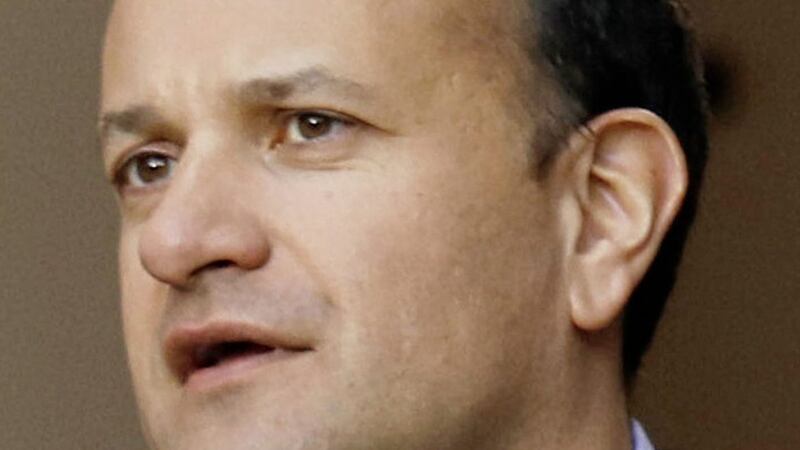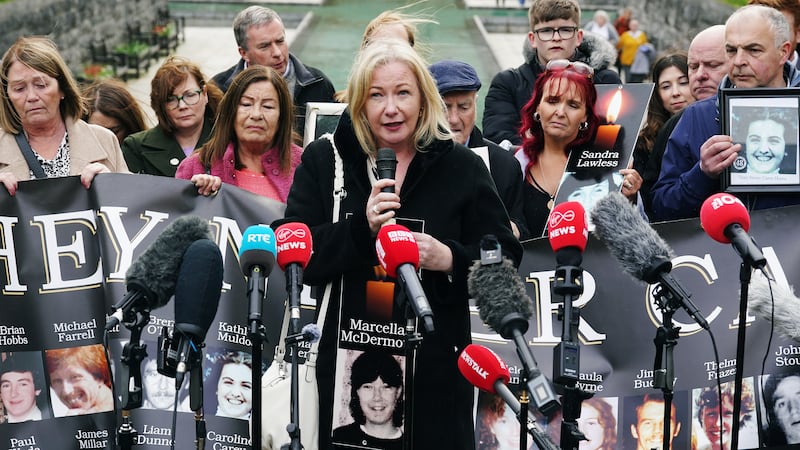Taoiseach Leo Varadkar has condemned an "absence of moral leadership" following the killing of George Floyd in the United States.
Speaking in the Dáil today, Mr Varakdar said there had been an absence of "words of understanding, comfort or healing".
Mr Floyd was killed on May 25 while in police custody in the city of Minneapolis.
He died after a white police officer held him down by pressing a knee into his neck, sparking days of protest.
The taoiseach said: "We have also seen genuine revulsion at the heavy handed response in some instances, towards peaceful protesters and journalists.
"And we've witnessed the absence of moral leadership, or words of understanding, comfort or healing from whence they should have come."
Mr Varadkar said the Republic he grew up in was a very different place to the country today and said that it had been "enriched" by diversity in recent decades.
But he said racism remained in the Republic, despite it being less overt.
"We don't need to look across the Atlantic to find racism. We have many examples in our own country, discrimination on the basis of skin colour is pernicious," he said.
"Sometimes it's overt discrimination when it comes to getting a job or promotion or being treated less favourably by public authorities, including sometimes government officials.
"Sometimes it manifests itself in the form of hate speech online, bullying in school, name calling in the streets, or even acts of violence."
Mr Varadkar said some of the racist behaviour in the Republic was "almost innocent and unknowing".
"It comes in the questions you are asked ... like being asked where you come from originally because your skin or surname looks out of place. How often you go back to the country that your mother or father was born in. Being spoken to more slowly ... cultural and character assumptions made based on your appearance and being made to feel just a little bit less Irish than everyone else," he said.
"Sadly, this is lived experience for many young people of colour growing up in Ireland today."
Mr Varadkar told the Dáil that comparisons between the Direct Provision system for asylum seekers and the killing of George Floyd were not accurate.
He said: "A lot of Direct Provision accommodation is substandard and that needs to change. Some of it is a good standard, with people being able to have their own door and catering - some of it is of a bad standard and that needs to change.
"But I think we need to understand the difference between Direct Provision and a man who was killed by the police by having somebody step on his neck.
"Direct Provision ultimately is a service offered by the State - it is not compulsory and it is not a form of detention - it is a service provided for by the State and they are provided with free accommodation, food, heat, light, healthcare and education and also some spending money. It is not the same thing as a man being killed by the police."

